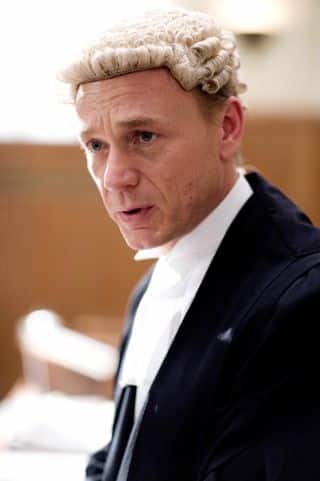A Crown must know the following:
- The crimes for which the accused has been charged with

- The applicable law pertinent to the case
- All of the different elements of the case
- The court procedures
- The Onus is on the Crown to prove their case
- The Crown has the Burden of proof
- They must prove their case beyond a reasonable doubt.
- Reasonable doubt: the level of uncertainty beyond which proof must be established in a criminal trial
- The Crown must prove the following beyond a reasonable doubt:
- The date and the place where the crime took place
- The people who were present during the crime
- That the accused is the perpetrator, and that there is proof that demonstrates that they had mens rea and actus reus
- The Crown must talk to witnesses and listen carefully to all of the details.
- The Crown must make sure it’s witnesses are relaxed and confident
- During Direct Examination the Crown will identify what happened, where, when, (dates and times) and who was at the scene. They must do this without encouraging the witness to give the answers the Crown is looking for.
- Questions should enable the witnesses to tell the truth not force or lead them to a specific answer
- The Crown will encourage their witnesses to reveal their view of the events
- With the oppositions witnesses the Crown will just get the facts and avoid letting them twist the facts to fit their view of the events
- A Crown Attorney will listen to what their opposition says and see if they can use their words against them. They must be ready to point out where the opposition witness’s testimony does not agree with their own witnesses.
- In cross-examination the lawyer must show bias, mistakes, or contradictions and anticipate the evidence of the witness
- Disclose all information to defense counsel. If a Crown Lawyer wants to introduce any evidence/documents they must follow the rules of disclosure outlined in the law.
- Because the Crown lawyer receives all of the evidence from the police they would seem to have an unfair advantage. Thus, by law, they must submit a copy of all evidence over to the Defense.
- The Crown must prepare an opening statement: They briefly inform the judge/jury of the nature of the case and the essential facts that led to the charge. This is the first chance they have to convince the jury of the validity of their argument.
- Direct and Cross-Examination
- The Crown must prepare a summation. In the closing statement the Crown lawyer should be sure to tell the court how they have proven their case beyond any reasonable doubt. This is the last chance to convince the jury of the validity of their argument.

What requirements must the prosecution meet in order to tender into evidence a private communication recording obtained pursuant to Part VI of the Criminal Code?